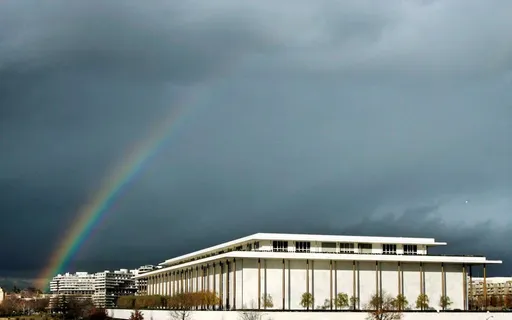Muslim pilgrims have cast stones at pillars representing the devil in the final days of the annual Hajj pilgrimage in Mecca.
On Thursday, during the final three days of the Hajj, pilgrims cast stones at pillars representing the devil, a reenactment of the temptation of the Prophet Ibrahim as related in Muslim traditions. Christian and Jewish traditions refer to him as Abraham.
"Thank God, we completed the Hajj successfully and we came here for the second day of stoning," said Ahmed Emret, a Turkish pilgrim.
He was among hundreds of thousands of pilgrims who made their way to the Jamarat complex, where wide pedestrian walkways and bridges carry them past three widened pillars.
In the 1990s and 2000s, the stoning ceremony was marred by deadly stampedes that killed hundreds of pilgrims. Since then, Saudi authorities have expanded the infrastructure at the site and imposed strict crowd controls.
"Stoning the devil makes you feel satisfied, because you get the blessing of the merciful (God) and ask God to accept your pilgrimage," said Fahd Abdullah, a Syrian pilgrim.
The last three days of the Hajj also coincide with Eid al Adha, or the Feast of the Sacrifice, when Muslims across the world share the meat of sheep and cattle with the poor.
Deeply spiritual journey
The pilgrimage to Mecca is one of the five pillars of Islam, required of all Muslims at least once in their lives if they are able.
For the pilgrims, it is a deeply spiritual journey that wipes away sins and affirms the unity of the worldwide Muslim community.
It began with pilgrims circling the Kaaba in Mecca's Grand Mosque, the cube-shaped structure to which Muslims face during their five daily prayers.
The spiritual high point came on Tuesday. That's when pilgrims flocked to Mount Arafat, where the Prophet Muhammad delivered his final sermon.
This year the Hajj was held in intense heat, with daytime temperatures reaching 45 degrees Celsius (113 degrees Fahrenheit). The Saudi Health Ministry said it treated thousands of pilgrims for heat stroke and heat exhaustion.
























